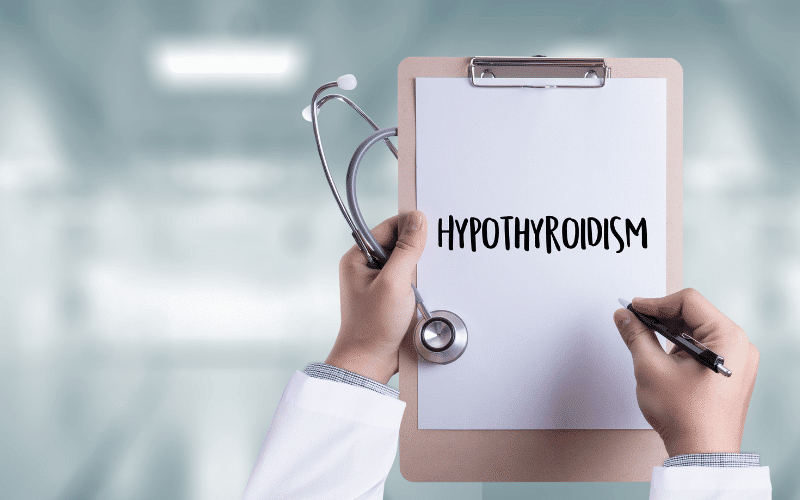Frequently Asked Questions About Hypothyroidism And Thyroid Cancer

1. What are some common symptoms of hypothyroidism?
Hypothyroidism, or underactive thyroid, often presents with fatigue, weight gain, sensitivity to cold, constipation, dry skin, and depression. However, symptoms can vary among individuals and may be mild in the early stages of the condition.
2. How is thyroid cancer diagnosed?
Thyroid cancer is typically diagnosed through a combination of physical exams, blood tests, imaging tests, and a biopsy. If a doctor feels a lump in the thyroid during a physical exam, they may order further tests to confirm the diagnosis.
3. What role does iodine play in thyroid health?
Iodine is essential for the production of thyroid hormones. Both deficiency and excess of iodine can lead to thyroid disorders. It is naturally found in various foods like seaweed, fish, dairy products, and iodized salt.
4. Can diet and exercise impact thyroid health?
Yes, diet and exercise can significantly impact thyroid health. Certain nutrients, such as iodine, selenium, and zinc, are essential for thyroid function, while regular physical activity can help manage symptoms of hypothyroidism like fatigue and weight gain.
5. How often should I get checked for thyroid disorders?
The frequency of thyroid check-ups can depend on several factors, including your age, sex, family history, and any symptoms you’re experiencing. However, as a general rule, regular check-ups are important for early detection of thyroid disorders.
6. Where can I find reliable information about thyroid health?
Reliable information about thyroid health can be found on trusted medical and health websites, scientific journals, and health news platforms. It is always best to consult with healthcare professionals for personalized advice and information.
7. What is the treatment for thyroid cancer?
Treatment for thyroid cancer can include surgery, radioactive iodine treatment, external radiation therapy, chemotherapy, and targeted therapy. The treatment plan is usually tailored to the type and stage of cancer, as well as the patient’s overall health.
Conclusion: Unpacking the Complexities of Hypothyroidism and Thyroid Cancer
In our journey through the intricate landscape of hypothyroidism and thyroid cancer, we’ve delved deep into the symptoms, causes, risk factors, treatment options, and the critical role of lifestyle changes, particularly diet and exercise. We’ve discussed the significance of regular check-ups for early detection, and the importance of staying informed about the latest research in thyroid health.
Hypothyroidism, a global health concern marked by an underactive thyroid, manifests in a plethora of ways from fatigue and weight gain to depression and constipation. Understanding the complexities of this condition, coupled with the silent yet severe implications of thyroid cancer, highlights the urgency of regular medical checks and the role of personalized treatments in managing these conditions.
When it comes to diet and exercise, these aren’t just buzzwords. They have real, tangible impacts on thyroid health. Consuming a balanced diet rich in iodine, selenium, and zinc, while staying active, can effectively manage symptoms and maintain overall health.
The importance of staying informed and understanding the nuances of thyroid health cannot be understated. It empowers individuals to identify signs early on, make informed decisions about their healthcare, and navigate their health journeys effectively.
As we conclude, remember that managing thyroid health is a marathon, not a sprint. With regular check-ups, a healthy lifestyle, and an empowered, informed mindset, we can all take strides towards better thyroid health and, by extension, better overall wellbeing. Knowledge is power, and by understanding the key facts about hypothyroidism and thyroid cancer, we arm ourselves with the most potent weapon against these conditions.